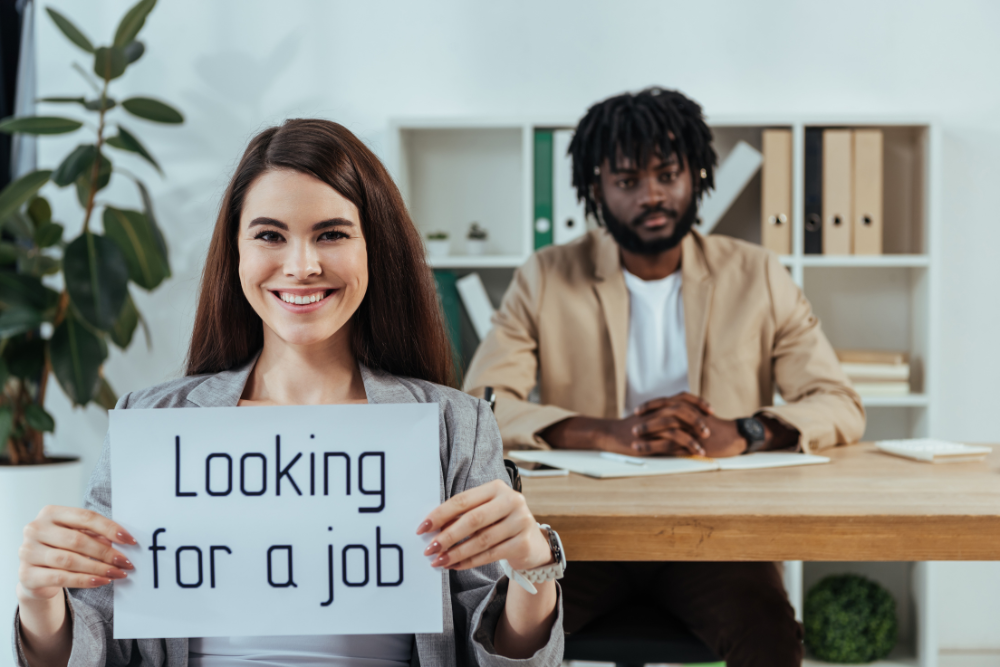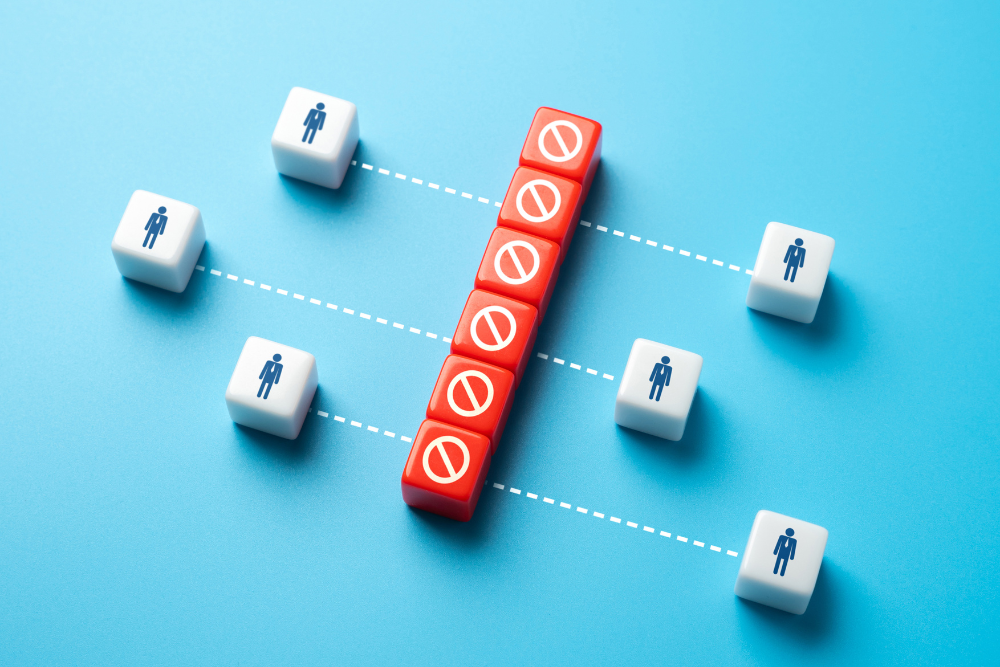Meta to launch a ChatGPT competitor and Instagram officially launches hidden Reels
Meta to launch a ChatGPT competitor
Meta has unveiled plans to create and launch a standalone AI app.
What will set this AI app apart from competitors such as ChatGPT and Copilot?
The company behind Facebook and Instagram believes that the information users have already chosen to share on Meta products will give it a competitive advantage.
As with most AI tools, there are concerns over how Meta may use the data it shares with its chatbots.
Meta’s AI app also promises to feature a new ‘Discover’ feed, allowing users to opt to share how they’re interacting with AI with their friends. This could speed the spread of trends such as the recent action figure box trend across multiple platforms.
Read more here.
Instagram officially launches hidden Reels
Creators and brands can now officially share Reels that are accessible only to viewers with a secret code on the platform.
Instagram says that it is a great ‘way to let creators build excitement and buzz around exclusive content’.
How could this feature help brands? Brands can use it to build highly engaged communities, generate buzz and reward loyalty by offering access to exclusive content, early previews or discount codes.
The first big name to use hidden Reels was the artist The Weeknd, who unveiled a clip from his film Hurry Up Tomorrow that’s accessible only via a secret code.
Read more here.
Could LinkedIn AI help you find your dream job?
LinkedIn has just launched a new AI-powered career discovery tool designed to help job seekers find roles that align with their skills, interests and career goals.
Users will be able to describe their dream job in a conversational way then the tool will match the user to job listings.
For example, users may search ‘’use marketing skills to cure cancer’, the tool will match it accordingly.
It will now be more important than ever for businesses to ensure that job listings are described in detail so that the AI tool can surface them to the right candidates.
In addition to the AI-powered discovery feature, LinkedIn has also enhanced its job listings to include more details, such as the company’s verification status and typical response times.
Businesses must stay on top of response times and ensure accreditations and verifications are up to date in order to be favoured by LinkedIn.
European users may face a worse experience on Meta platforms
Under Meta’s newly introduced ‘consent or pay’ model (in the EU), users now have to either pay a monthly subscription fee or permit Meta to combine their Facebook and Instagram data for targeted advertising.
Last week, the European Commission made the decision to fine Meta £171m for the new model not complying with the Digital Markets Act (DMA).
Meta has made a statement to say European users "could result in a materially worse user experience for European users and a significant impact" due to modifications of the current model to comply with DMA.
As the new model has not been implemented in the UK as of yet, British-based users will not face a worse experience. However, similar discussions are ongoing with the UK's Information Commissioner's Office.
A Meta spokesperson said the company is working with the UK data regulator to meet legal standards while supporting government goals for growth, noting that personalised ads on its platforms generate more than £19.5bn annually for UK businesses.
Children under 16 to be banned from social media in New Zealand
Following Australia’s efforts to crack down on children’s exposure to inappropriate content, New Zealand politician Catherine Wedd is now trying to make the same policy law in her country.
“The bill puts the onus on social media companies to verify that someone is over the age of 16 before they access social media platforms,” Ms Wedd said.
Christopher Luxon, Prime Minister of New Zealand, has recognised that despite the benefits of social media, it isn't always a safe environment for young people.
It will be interesting to see how tech giants react, especially given Meta’s response to Australia’s ban, which it criticised as being ‘rushed’ and dismissive of both young people's perspectives and the industry’s existing safety efforts.





